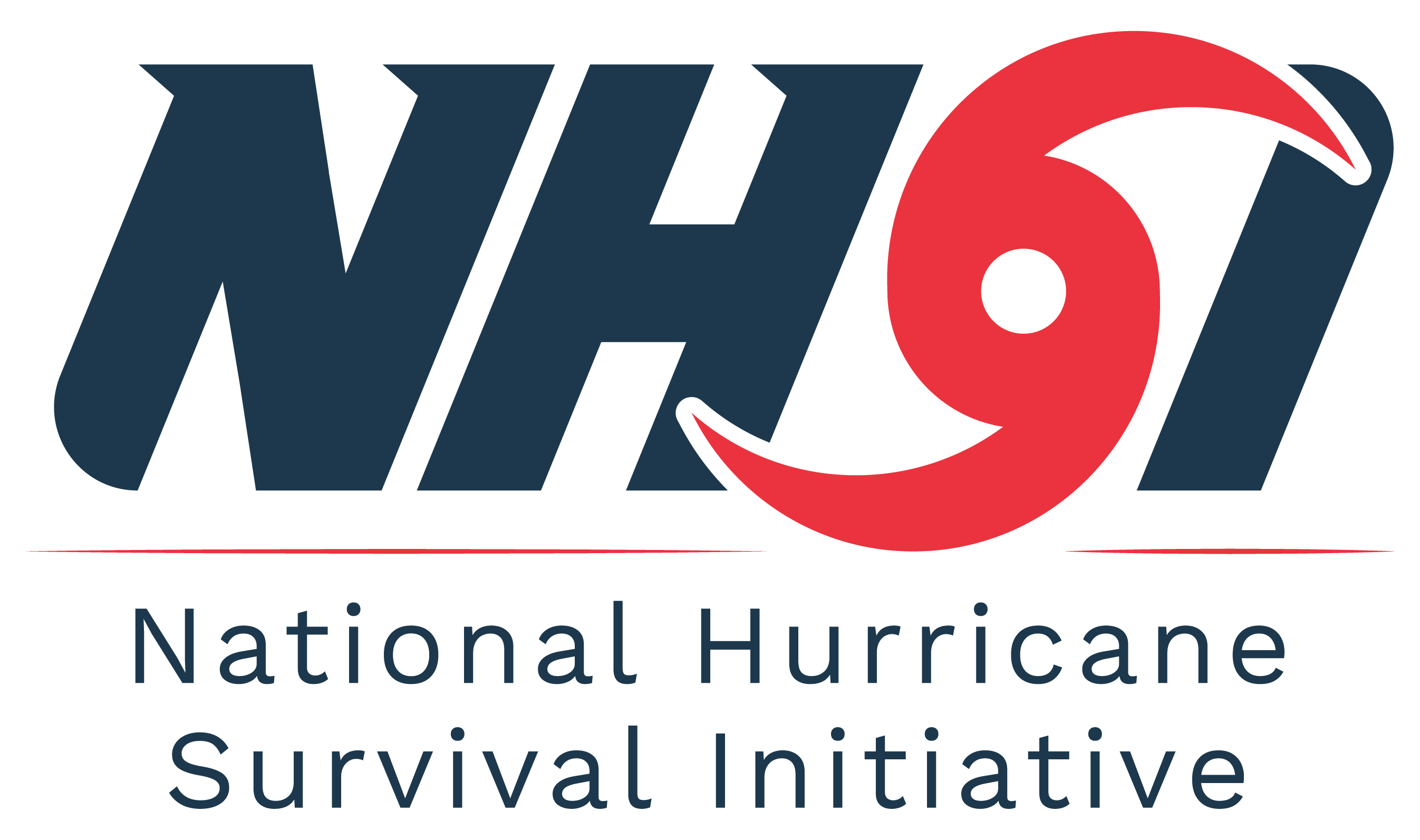By Kent Koptiuch
Natural Resource Manager
Nestlé Waters North America
This year, our society has ventured into uncharted territory. Once again, we must all prepare for hurricane season, but this time we do so while faced with a full-scale global pandemic.
As a professional in the business of supplying water to others for healthy hydration, I have witnessed how the threat of COVID-19 changes the ways that families must prepare for, and respond to, hurricanes this season.
As we all assemble our hurricane kits, it’s critical that we include some key additional items for dealing with potential exposure to the coronavirus, whether our plan is to take shelter elsewhere or to shelter in place.
In addition to our typical inventory of non-perishable foods, water, flashlights, medical supplies, pet supplies, and battery-powered emergency radio, our hurricane kits should also be stocked with supplies for protecting our family members from the pandemic.
This should include hand sanitizer, disinfectant wipes, and at least two cloth masks per person.
Jared Moskowitz, management director for Florida’s Division of Emergency, now recommends that families stock a fourteen-day supply of necessary medicines, along with a seven-day cache of food, water, and other critical supplies for each family member.
Keep everything in a portable cooler or waterproof tote that’s easy to grab on short notice. Every person in your family needs one gallon of water per person per day for every day of the week.
You should also keep water purification tablets on hand and consider having portable devices like water bottles or plastic pitchers that come with filtration systems to ensure access to clean, potable drinking water.
Finally, we can extend the life of our fresh and frozen food supplies, while simultaneously increasing our water supply by freezing plastic containers filled with water. If the power goes out, this ice will keep food in the freezer, refrigerator, and coolers from spoiling for longer periods.
When the ice does melt, it becomes water for drinking and washing. Download hurricane safety checklists at hurricanesafety.org/prepare/hurricane-safety-checklists/ for more information.
It has been a rough start to the year for all of us. There’s an old proverb that states, “Diligence is the mother of good luck.” The importance of hoping for the best but preparing for the worst cannot be overstated.
By taking the time now to plan ahead, we can more ably ride out, not only the lurking danger from hurricanes but also COVID-19. Be safe and healthy, everyone.

